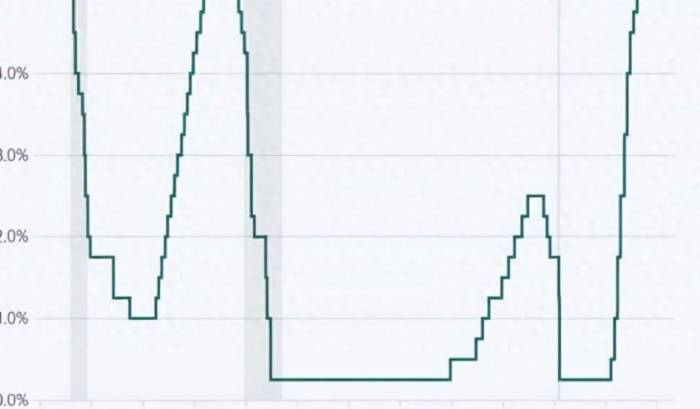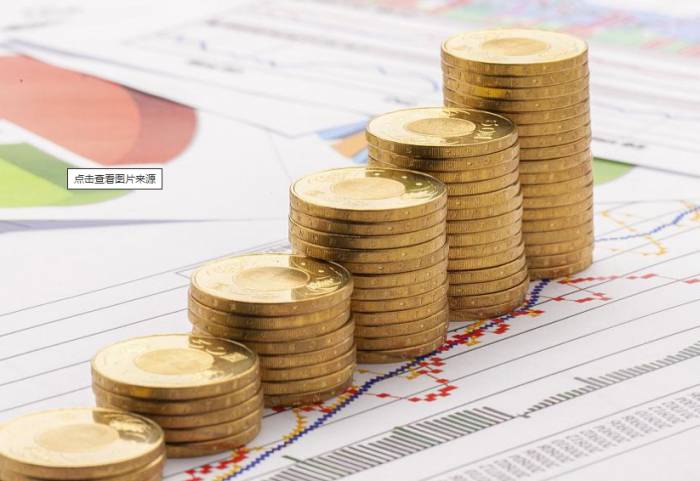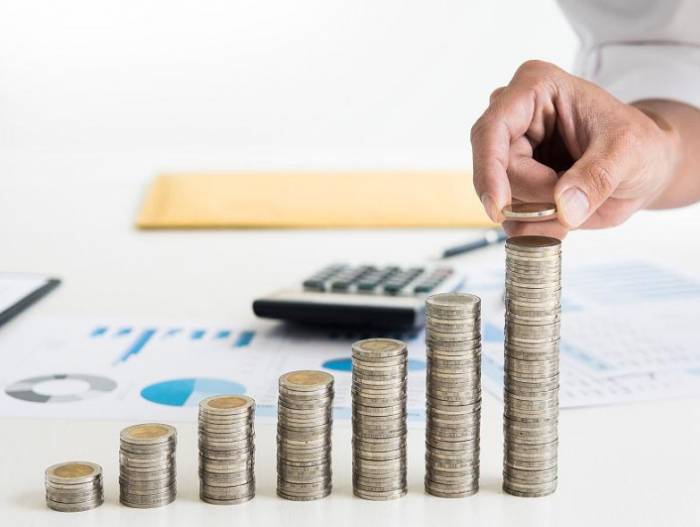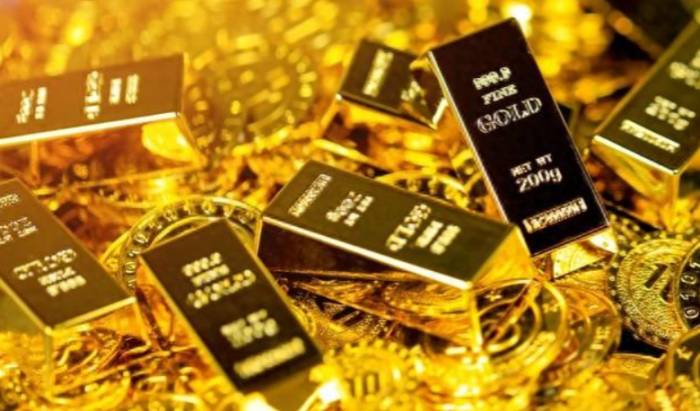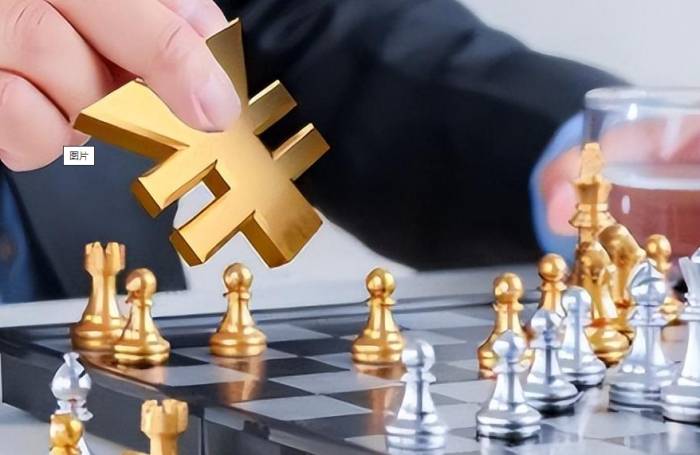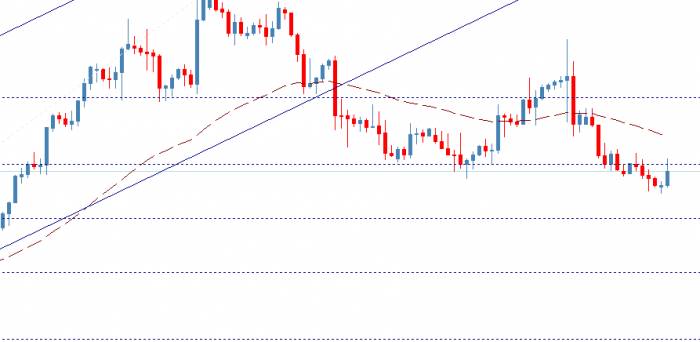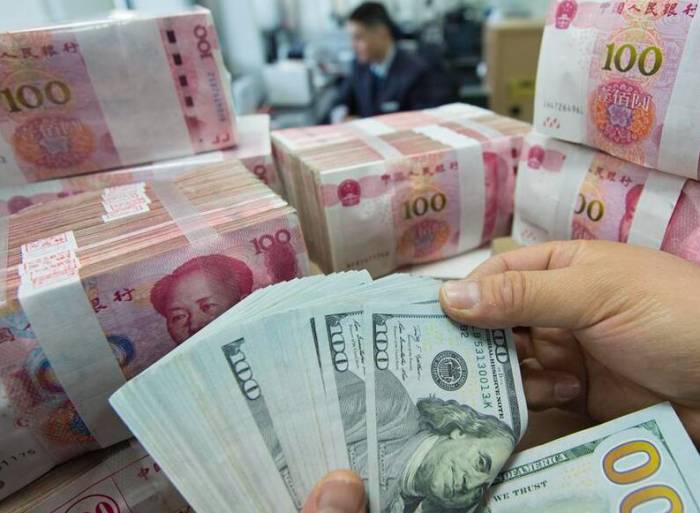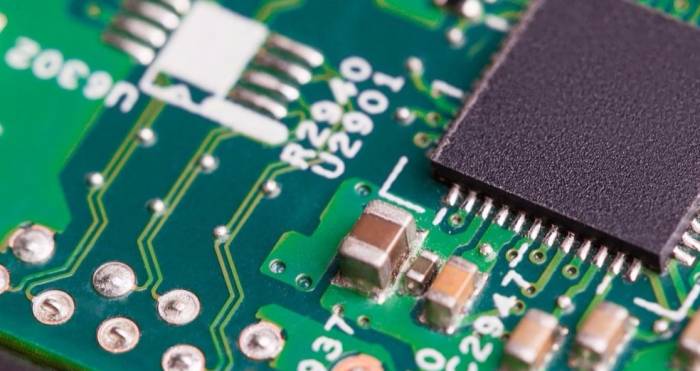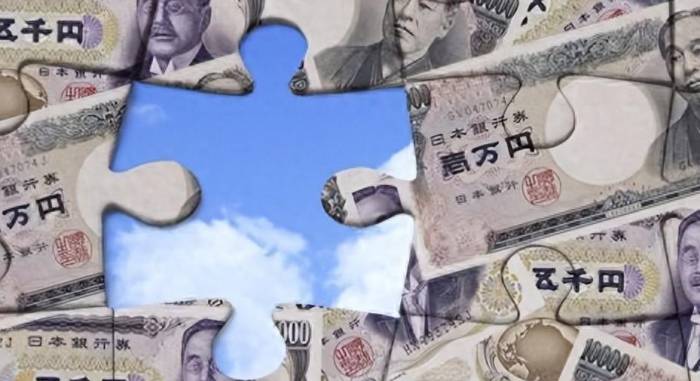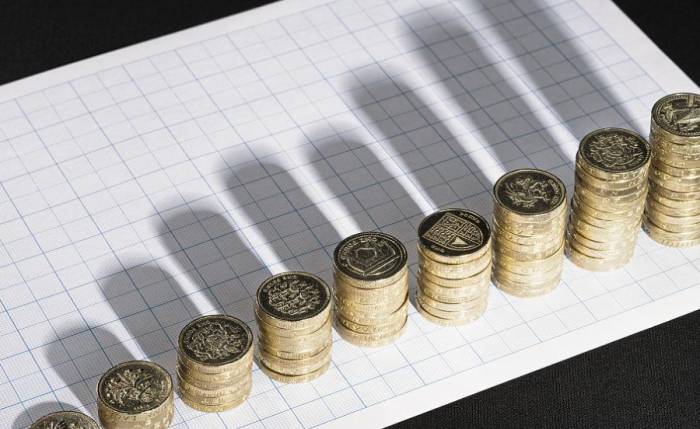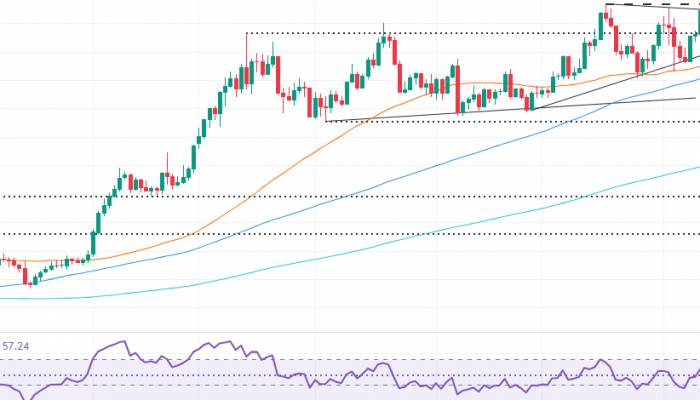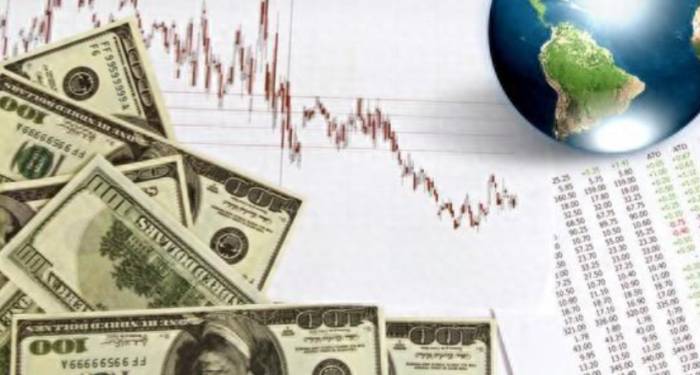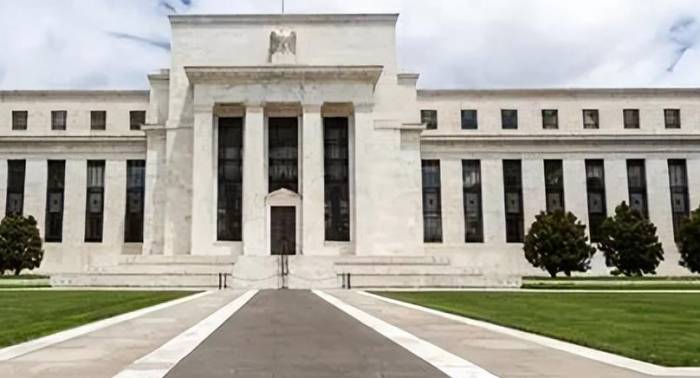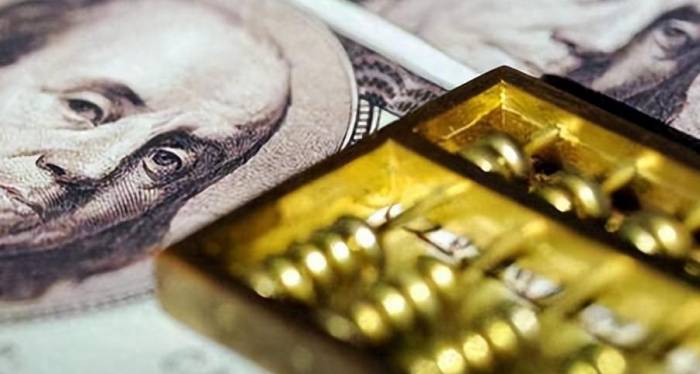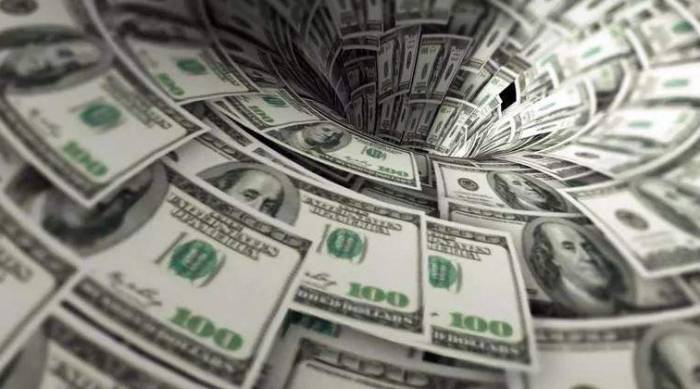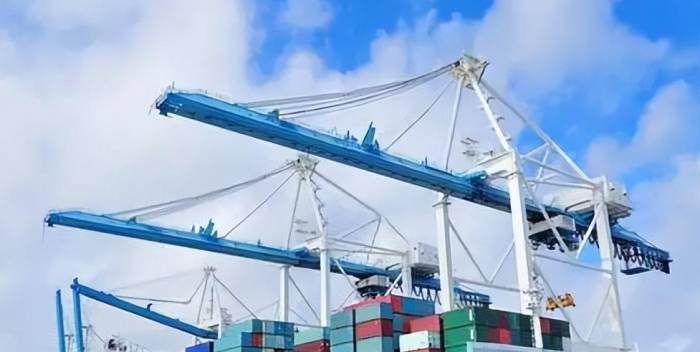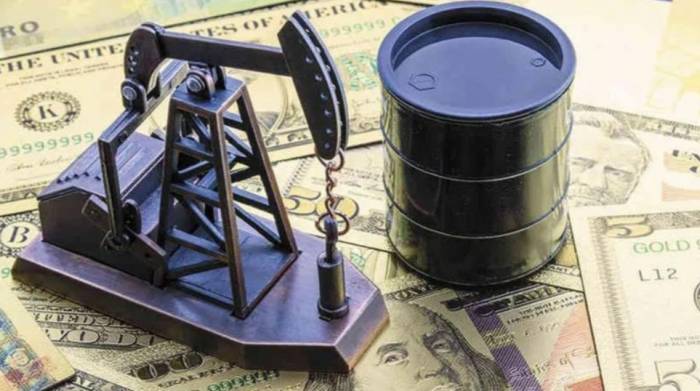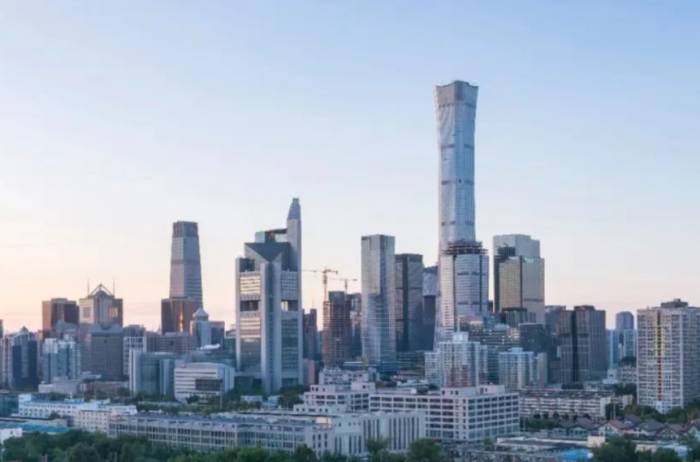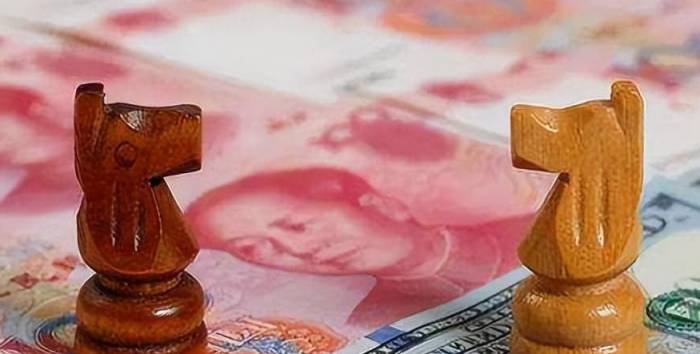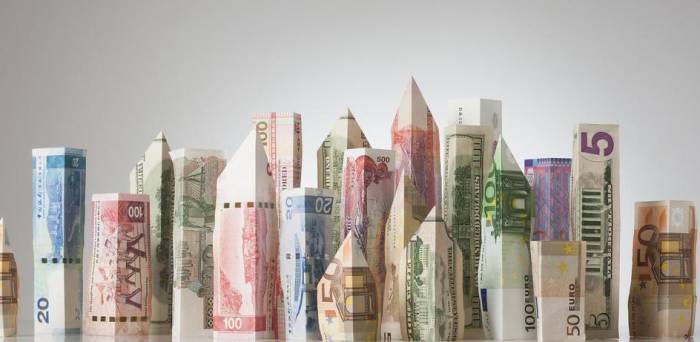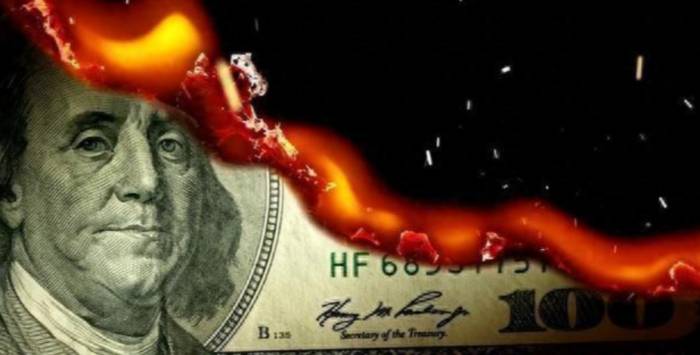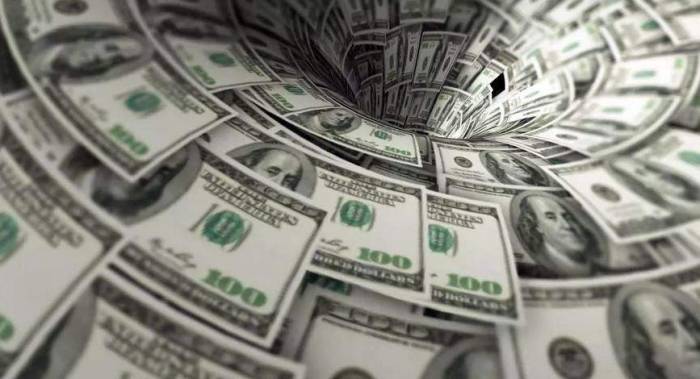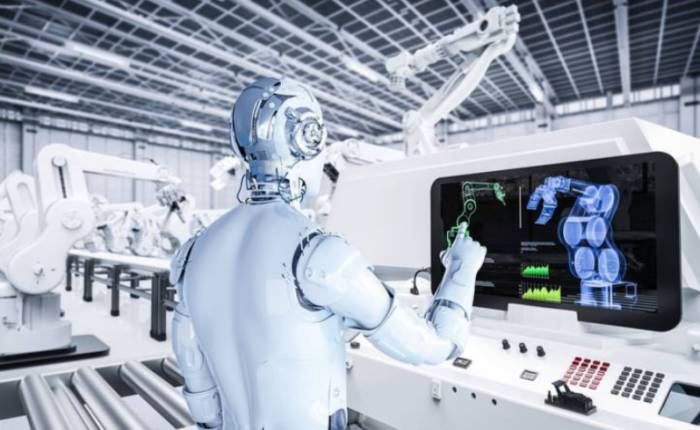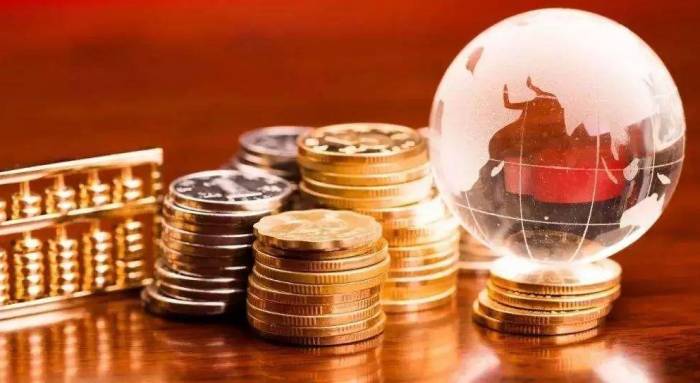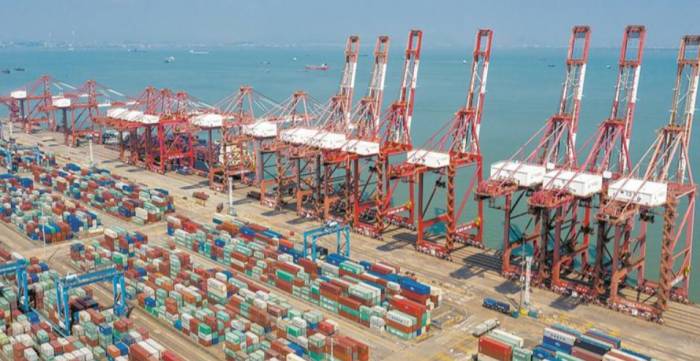Recently, many people have been saying that even if the Federal Reserve lowers interest rates, US dollar capital will not come to China in large amounts.
Is this really the case?
If everyone thinks this way, it would fulfill the wishes of the Americans.
We are unprepared, and they can take advantage of the situation.
The key question is, now that interest rates have been lowered, can American politicians control where capitalists throw their money?
Recently, Goldman Sachs' answer is no!
Will US dollar capital come to China after the Federal Reserve lowers interest rates?
The answer is obvious.
American politicians will certainly try every means to prevent this, but can they really stop it?
Clearly, from historical experience, no American government has been able to control capitalists.
If Washington really could control them, it wouldn't be free capitalism.
Some say that throughout history, empires often act irrationally at the end of their times.
What if they do control them?
That would be blocking the way to wealth, and capitalists would find a way to replace the president with someone who doesn't dare to block them.
So, essentially, American politicians dare to take action against a few wealthy individuals, but they absolutely dare not offend the entire capitalist class.
They can only control the small fry, while the real big sharks in capital, they can't and dare not control.
The conclusion is clear: now that the dollar interest rates have been lowered, American capitalists are rushing towards us, and this is an inevitable event.
Is there any evidence for this?
Of course there is!
Recently, when many people were not paying attention, Goldman Sachs has already made preparations.
What kind of institution is Goldman Sachs?
Most of the time, Goldman Sachs does not use its own money to bottom fish, but acts as a consulting firm, becoming the mastermind to help capitalists bottom fish.
Many major acquisitions and mergers are led by them.
So, what has Goldman Sachs done recently?
On September 18, "Investment Circle" reported that Goldman Sachs has recently made a very important personnel adjustment to the Asia-Pacific region.
Among the symbolic events, Goldman Sachs has sent three merger and acquisition experts to the Asia-Pacific region in one go!
Three senior M&A experts who have been with Goldman Sachs for many years are stationed in the Asia-Pacific region: Raghav Maliah, Ed Wittig, and Yoshihiko Yano, jointly serving as the co-heads of Goldman Sachs' M&A business in the Asia-Pacific region.
They joined Goldman Sachs in 1995, 2001, and 1998, respectively, and have served the company for more than 20 years.
Among them, Ed Wittig was responsible for M&A projects with a transaction amount of $14.95 billion in 2023, ranking among the top 50 global M&A bankers.
That's the top 50 globally, which can be said to be a heavyweight figure at Goldman Sachs.
What can they do in the Asia-Pacific region at this time?
In addition, the appointment of three regional M&A business co-heads at the same time is not only very rare in Goldman Sachs' history but also very rare in the global investment community.
It shows that Goldman Sachs has fully prepared and pays great attention to the upcoming major battles in the Asia-Pacific region.
What big battles does Goldman Sachs have in the Asia-Pacific region?
Of course, it's about bottom fishing for assets!
With the dollar interest rate cut, the most economically active Asia-Pacific region will be the top priority.
In addition, after the Asian currency devaluation storm in the first half of this year, the assets in the entire Asia have been hit to a low point, which is the best time for dollar capital to bottom fish!
Therefore, we can think that the Asian currency devaluation in the first half of the year was originally a game set up by the Americans.
A big battle is about to start, Goldman Sachs deeply understands that for Americans, the money for bottom fishing for assets is not a problem, the most important thing is talent.
Some people say, do you have any basis for this?
Of course there is.
Regarding this personnel change, Goldman Sachs has clearly stated that the three will be committed to strengthening relationships with new and old customers, focusing on M&A business, and helping Goldman Sachs expand its coverage in financial investors and cross-border transactions.
Note, it mentions "expanding financial investors and cross-border transactions," and their purpose for coming to the Asia-Pacific region is already very clear.
In fact, the storm of bottom fishing for assets has already started in advance.
For example, China's paper industry giant Vinda was acquired by Singapore's Golden Eagle Group for 26.1 billion Hong Kong dollars; Hong Kong-listed companies Samsonite and Li Ning have also successively spread the news of being acquired.
In order to meet this capital storm, we are also preparing, mainly in two aspects.
The first aspect is to accelerate the pace of opening up.
For example, we relaxed restrictions on foreign investment in the banking and insurance industry at the end of last year, not long ago, we also relaxed restrictions on foreign investment in the manufacturing industry, and investment restrictions on foreign hospitals, and so on.
Some people are very worried, will the dollar capital and Goldman Sachs join hands to harvest all our high-quality assets?
Historically, we have indeed had many excellent national brands acquired by foreign capital, but China is no longer the China of the past.
So we made the second aspect of preparation, which is the participation of state-owned capital in the competition, and they will become the opponents of Goldman Sachs and dollar capital.
This is a healthy competition and the demeanor of a great power.
In addition, there are more rigorous reviews by regulatory authorities.
In the past, there were many omissions in this regard, but now we have learned.
The dollar's harvest has become not so easy, and perhaps this is also an important reason for Goldman Sachs to send elite troops.
In fact, the actions of state-owned capital have also started in advance.
For example, recently, Sinopec Capital, as a member of the investment group, participated in the privatization acquisition of the NASDAQ-listed Chinese concept stock company, Hollysys Automation Technologies Ltd., and the completion of the delivery.
So, closing the door and sealing off is not the way, high-level opening up to the outside world is what we must adhere to, we cannot stop eating for fear of choking, and we cannot treat all foreign capital as a flood and beast.
The dollar interest rate cut is a double-edged sword, if we can guide and control it well, we will get a result that benefits outweigh the drawbacks.
